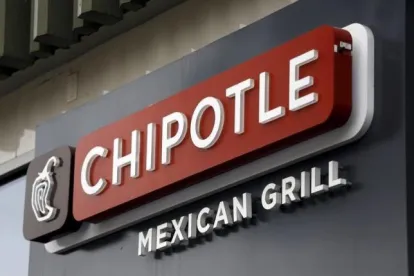As we have previously covered here, here and here, the NLRB has opined that various common handbook provisions are unlawful under the NLRA because they may have the effect of inhibiting employees from engaging in protected activities, such as discussing wages, criticizing management, publicly communicating about working conditions and discussing unionization.
Last week, an NLRB judge provided further guidance in this area in ruling in Chipotle Services LLC and Pennsylvania Worker’s Organizing Committee (Nos. 04-CA-1437314; 04-CA-149551) that Chipotle violated the NLRA by maintaining unlawful policies, improperly forcing an employee to delete social media posts critical of Chipotle, and terminating the employee for his attempts to have his co-workers sign a petition protesting Chipotle’s alleged denial of work breaks.
The last part of the ruling was not entirely surprising – the facts strongly indicated that Chipotle terminated the employee because of, and shortly after, his attempts to have his co-workers sign the petition. However, in finding unlawful various Chipotle policies related to confidentiality, social media, solicitation, ethical communications, and political activities, the decision highlights the difficulties employers face in crafting policies that balance the competing interests of an employee’s right to engage in concerted activity and, among other interests, an employer’s need to protect its confidential information and brand. Some of the policies which the NLRB held were unlawful included:
-
• A social media policy that prohibited “false” and “misleading” social media posts, on the basis that “an employer may not prohibit employee postings that are merely false or misleading . . . it must be shown that the employee had a malicious motive,” as well as the provision of the policy prohibiting the disclosure of “confidential” information, where the term “confidential” was vague and undefined;
-
• A policy prohibiting “improper use” of Chipotle’s name or trademarks, on the basis that “employees would reasonably interpret any non-work-related use of [Chipotle’s] name to be improper”;
-
• An “ethical communication” policy that “prohibit[ed] exaggeration, guesswork and derogatory characterizations of people and their motives,” on the basis that it could be read to prohibit criticism of managerial decisions.
The decision reiterates the NLRB’s previous guidance that broad or vague rules relating to (or not carefully defining) concepts such as “civility,” “respect,” “disparagement” and “confidential information” will be found unlawful because some employees may read them to prohibit protected activity, even where (as here) the policies also contain a disclaimer that they do “not restrict any activity that is protected or restricted the NLRA . . .”
Finally, it should be noted that the policies at issue in the case were, in fact, outdated versions, with Chipotle having replaced them with new versions at the time of the events at issue. The judge found this fact irrelevant, as the Chipotle supervisors (for reasons unclear) relied upon the prior versions of the policies in counseling the employee and ultimately terminating him. Employers, therefore, should take care to properly distribute new policies to staff and counsel them on their application, lest they lose the benefits of any remedial policy updates.




 />i
/>i

